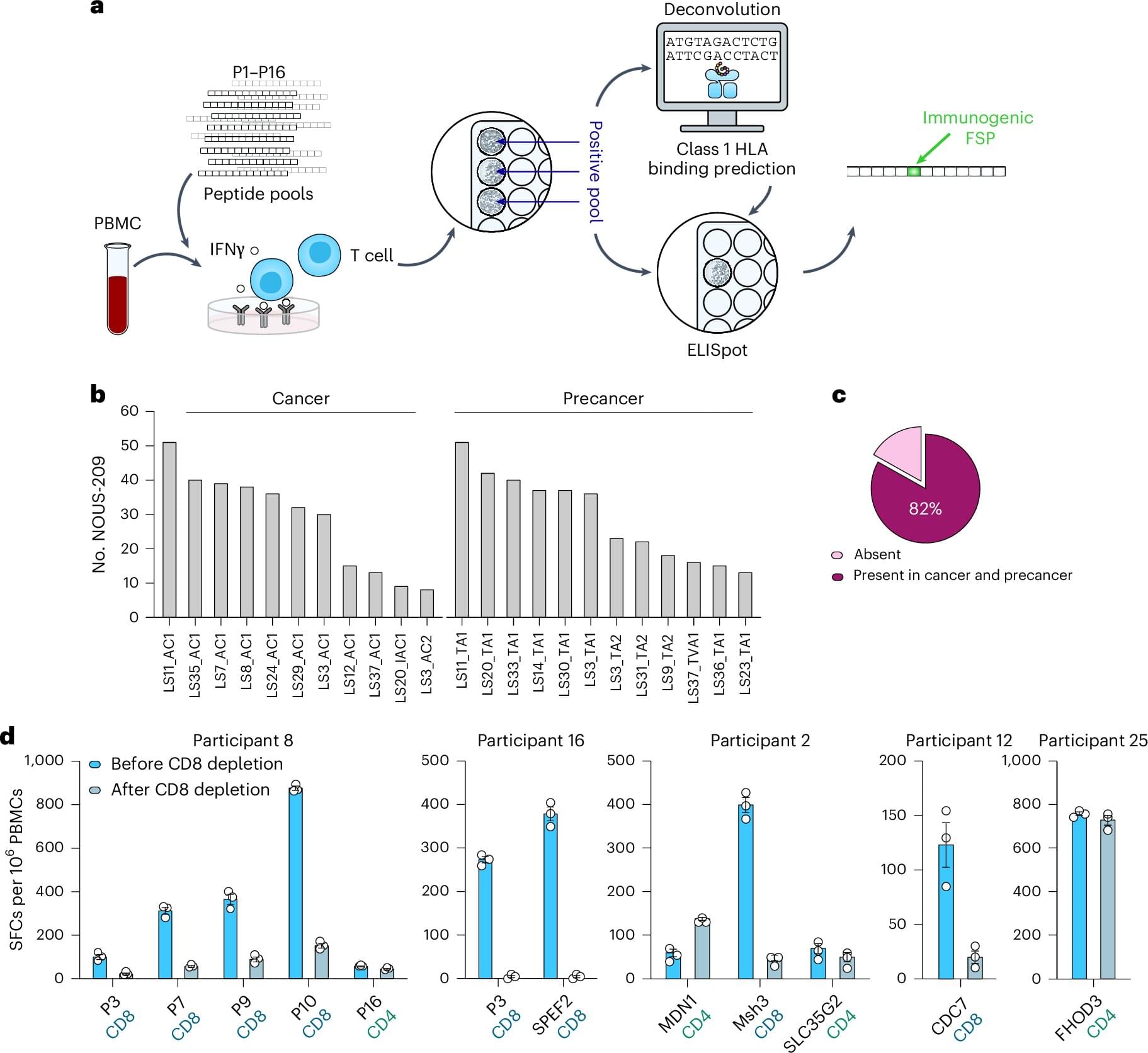Leading The Way To A Water-Positive Future — Sami Tellatin — Head of Water & Climate Solutions, [Kilimo](https://www.facebook.com/agrokilimo?__cft__[0]=AZYVjPpsA2hiLM5-TRnxJRoTmkVIP8k9Hro7mpHQd6HkG9roy2B0jBJyWOF7RxuqTpjcE0BjwYcznt__ZsPQBKTYGtf5mRXVr0xUT7RzlbzkSECEuWuYt0aFqjGwwCAKMCXdjJofqt5U9mF08TfSYqYpa8pmedmmVDH3rTrwH4QaMQKi6UK55095pUIWFEwu4DM&__tn__=-]K-R)
Sami Tellatin is Head of Water & Climate Solutions at Kilimo (https://kilimo.com/en/), an organization that connects companies with farmers in the same watershed to implement water-positive practices, generate measurable water savings, and secure resources for both communities and companies.
Kilimo’s operations already span 7 countries, helping steward water resources across more than 500,000 acres of land and partnering with global leaders like Microsoft, Google, Amazon, and major CPGs.
In her role, Sami leads the design and deployment of scalable water-positive solutions that help companies, farmers, and communities address water scarcity through more efficient and sustainable irrigation practices.
Prior to this role, Sami co-founded FarmRaise, an enterprise that unlocks funding for farmers and ranchers seeking to invest in their profitability and sustainability, allowing farmers to learn which public and private funding opportunities they’re eligible for and streamlines the application process, moving the industry toward one common application that unlocks funding to drive conservation practice adoption.





